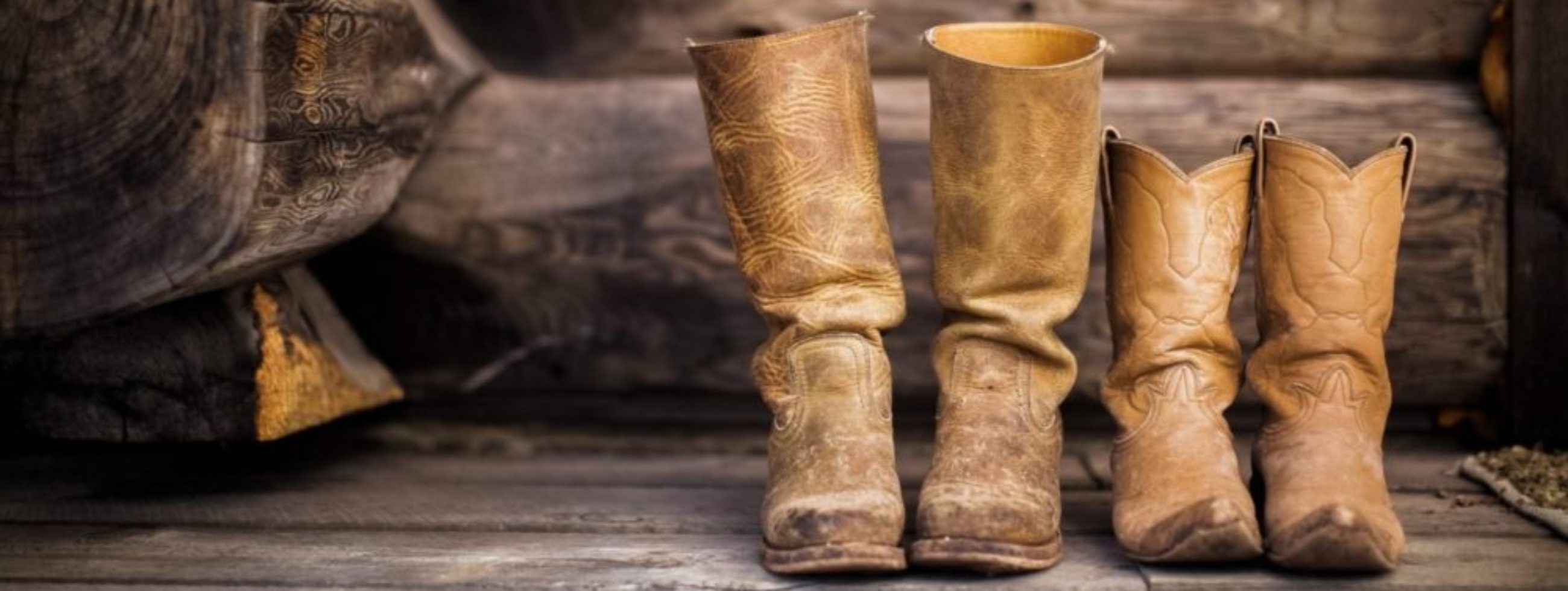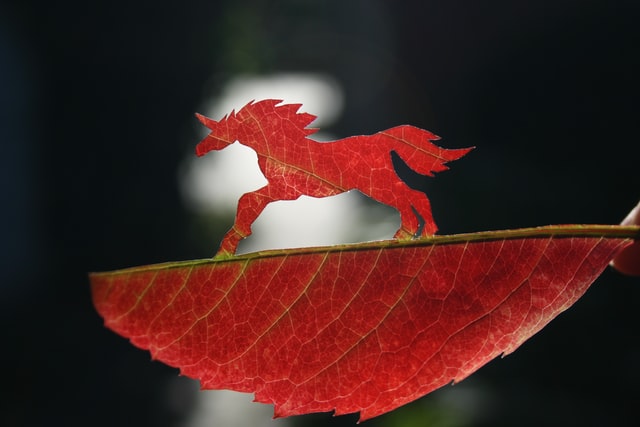We had no intention of including “the cowgirl” in our schedule to critique each other’s work. That was back in the early 60s when we were students at the Chicago Institute of Art.
Our delusion was pierced by a voice that said, “I’d like to be on the list.” We were stuck with Leona. At least she was at the bottom.
We moved like we were walking through mud when Leona’s Sunday came around. We sat on the floor of her sculpture studio, dressed in capri pants and crisp blouses, mouths slammed shut, hoping to get this over with as soon as possible.
“Just what does your content of horses and cows communicate?” someone finally asked.
Leona jumped up, planted her legs in a V, pushed her fists into her hips. “I’m tired of you hee-hawing about my Western art and cowboy clothes. I don’t stick out like a cowlick in Idaho when I wear Levis and checkered shirts. The boots and hat, they’re all part of who I am. You’re lookin’ at country – thank you, Loretta Lynn.” She shifted her head slightly,lost in a sunset over the Caribou Range, before bringing her focus back on us.
“We romanticize The Cowboy,” she said, sounding like she was speaking in capital letters. “We don’t romanticize his life. We know why we drive a shiny new Land Rover and he settles for a beat up Ford pickup that he tinkers with on Sunday afternoons, hoping he can spend the next Saturday night in town. We know why we live in the ‘big house’ and ranch hands live in the bunkhouse.
“I’ve been on roundups with the boys, caked with dirt and sweat, days feeling as long as the Snake River, clothes crusted to our shivering bodies at night.
“Let me tell you something else: I know a Russel from a Remington. My daddy owns a Remington – the real thing, not a reproduction.
“I know what gives me privilege to make ‘cowboy’ art. I’ll never be as good as Russel or Remington, but I intend to spend my life paying homage to the sinew of horse and rider. Like Remington, I want you to ‘take away something to think about – to imagine’.”
Silence hung over us like dust stirred up by a herd of rampaging cattle.
“Are you done, Leona?” someone asked.
“For now.”
Fay L. Loomis was a nemophilist (haunter of the woods) until her hikes in upstate New York were abruptly ended by a stroke three years ago. With an additional nudge from the pandemic, she now lives a particularly quiet life. Fay is a member of the Stone Ridge Library Writers.

